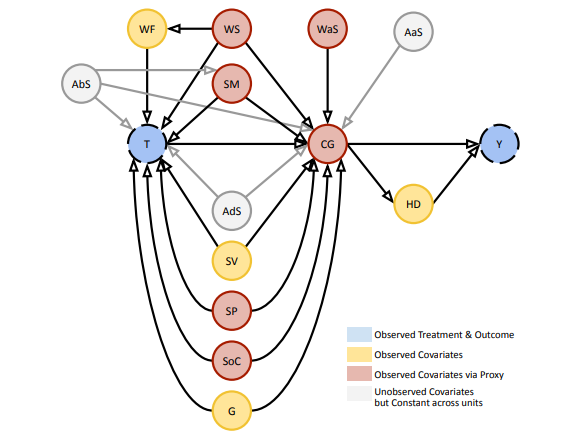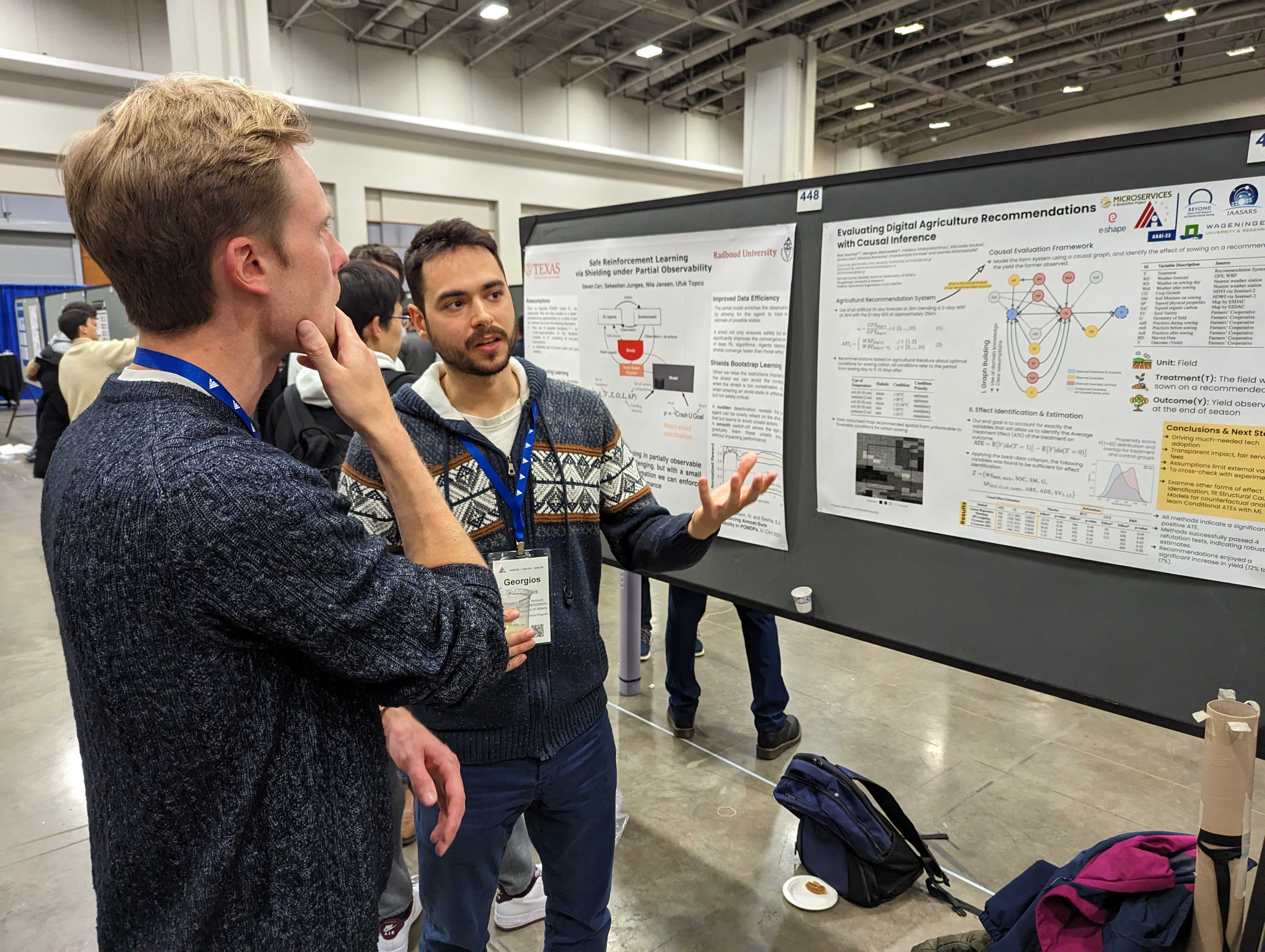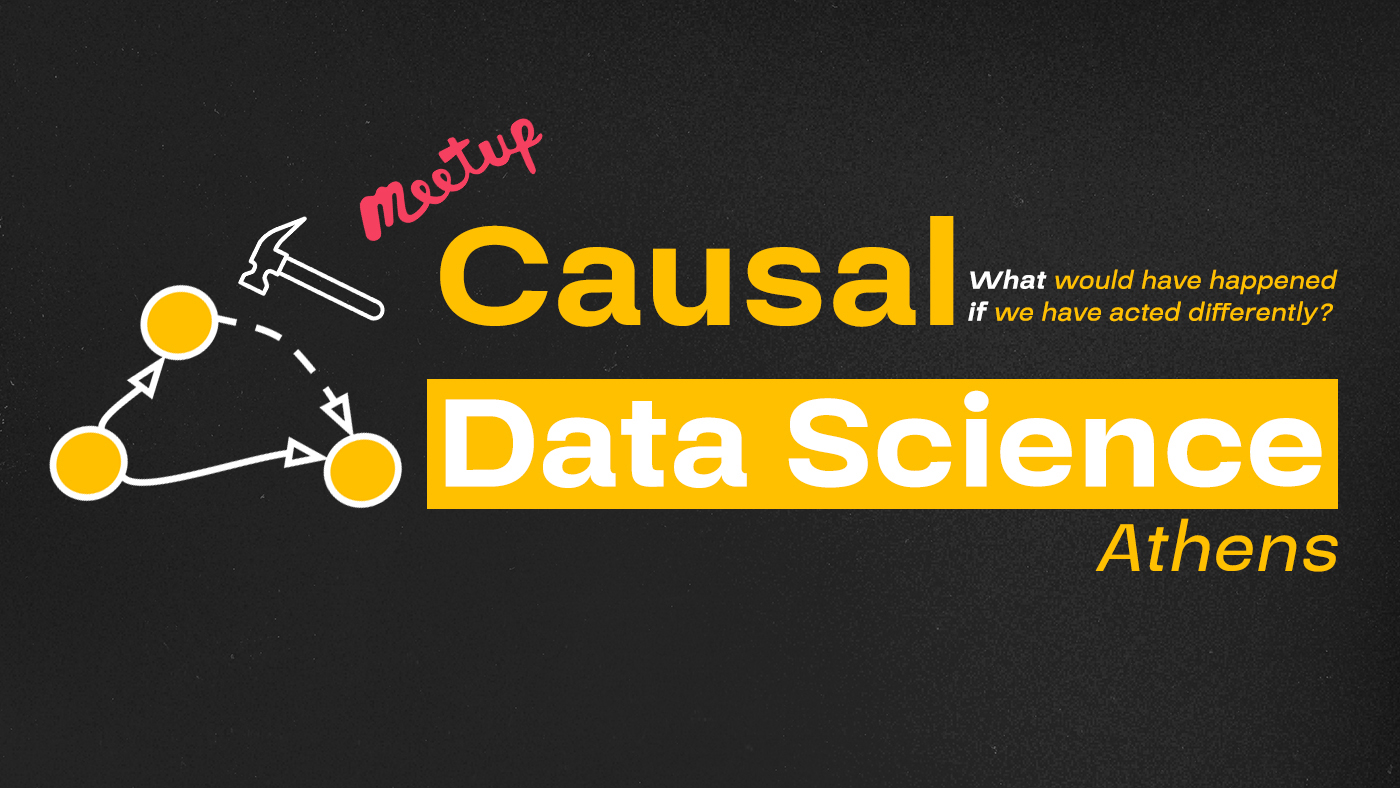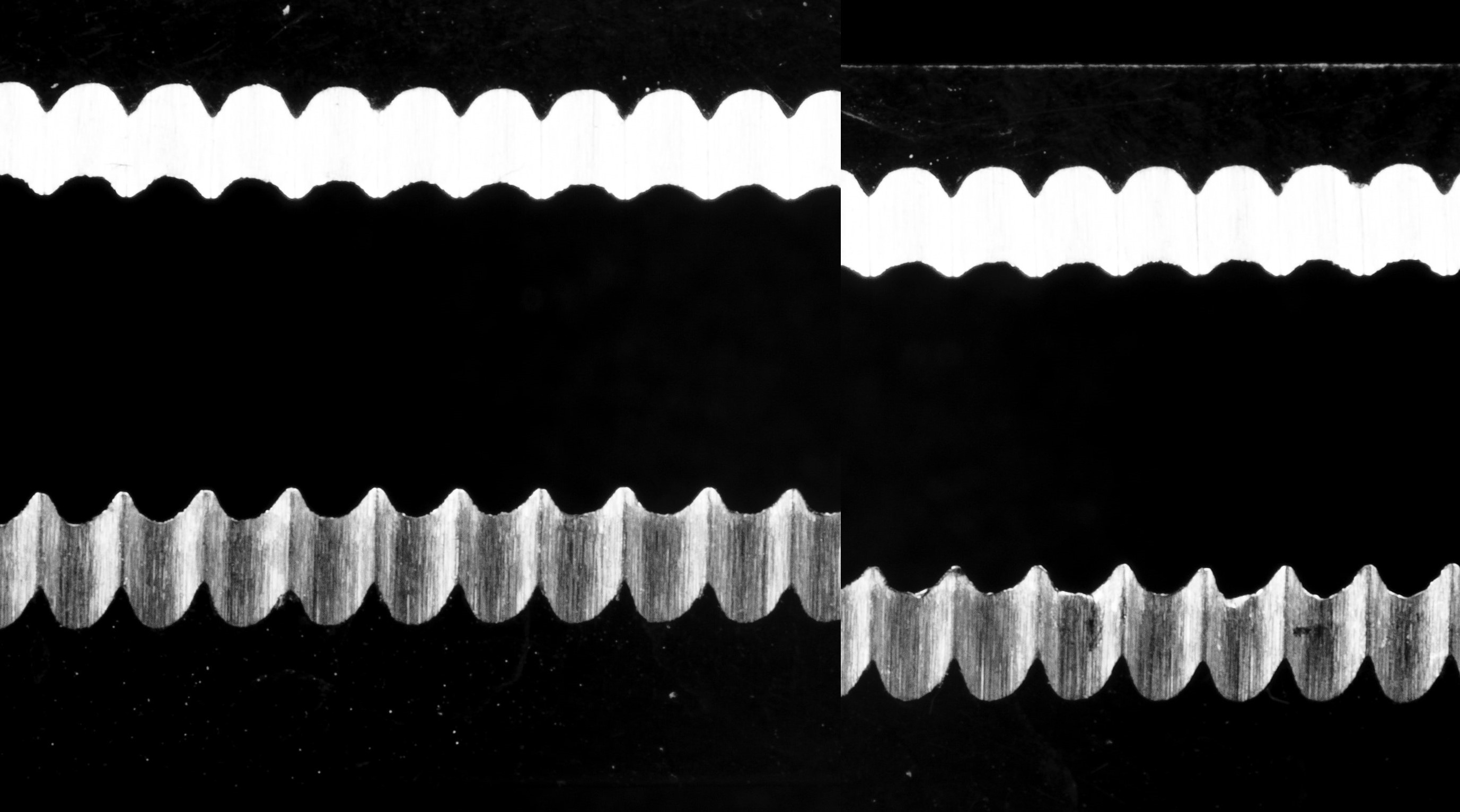We developed a digital tool for cotton farmers. But what was its impact?
Farmers frequently worry about the right time to sow their fields; post-sowing weather conditions can make or break their final produce.
To help a local agriculture cooperative decide, we used high resolution weather forecasts and domain knowledge to develop a sowing support system for cotton crops. Our product provided a personalized recommendation to each farmer on a daily basis, about whether that day was a good day to sow or not.

The cooperative used our system for the sowing season of 2021. The farmers collected various data including the sowing date of their cotton fields, the seed variety they used, and the final yield they observed at the end of the season.
After they provided us these data we couldn’t help but wonder how good did we do. What was the incremental impact of our product on the yield the farmers observed? To tackle this question, we turned to causal inference.

Our causal analysis comprises an end-to-end pipeline that starts from specifying a causal graph, followed by the identification and estimation of the causal effect we look for and concludes with testing the robustness of our estimates.
We found that fields following the product’s sowing advice exhibited a yield increase that ranged from 12% to 17% relative to the mean, depending on the estimation method.
Given these results, and in collaboration with Corteva, our product is being scaled-up to other crops and areas in Greece, delivering proven value to its users.
And while our product for the time being has stayed within Greece, the same didn’t hold for its main authors. Believing in the innovation of our approach, I co-led the writing of a short paper that documents the full case study, and how to use causal reasoning for evaluating decision support systems. Gladly, the paper was accepted at a top AI conference!
Last week, I therefore attended AAAI-23 in Washington, DC, to present our paper, which is titled “Evaluating Digital Agriculture Recommendations with Causal Inference”.
arXiv | GitHub | Slides | Poster

According to Google Scholar Metrics, the AAAI Conference ranks #4 in terms of h5-index within the Artificial Intelligence category, and #44 across all scientific areas, conferences and journals.


The product and its accompanying publication constitutes a major success for our group. For more info, check the links!




